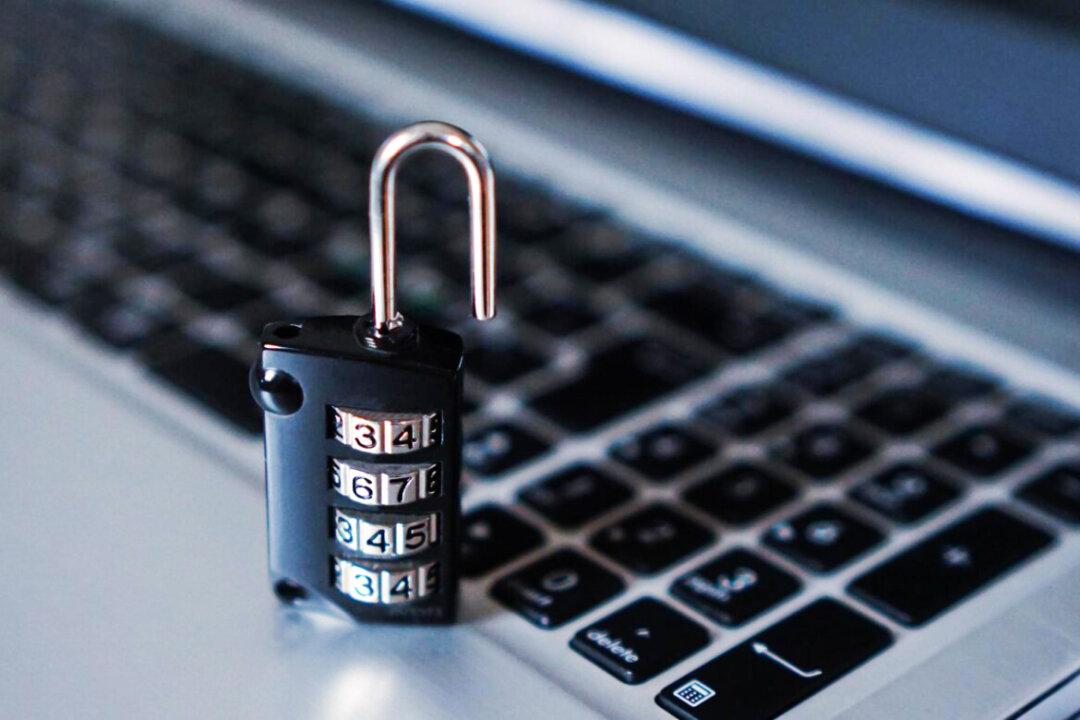A new Australian program supported by the United States will help organisations in 11 Indo-Pacific nations safeguard against emerging cybersecurity threats.
Led by researchers at Monash University and Oceania Cyber Security Centre (OCSC) in Melbourne and funded by the United States Department of State, the Post-Quantum Cryptography in the Indo-Pacific Program (PQCIP) aims to help organisations and government bodies in these countries over the next three years.




